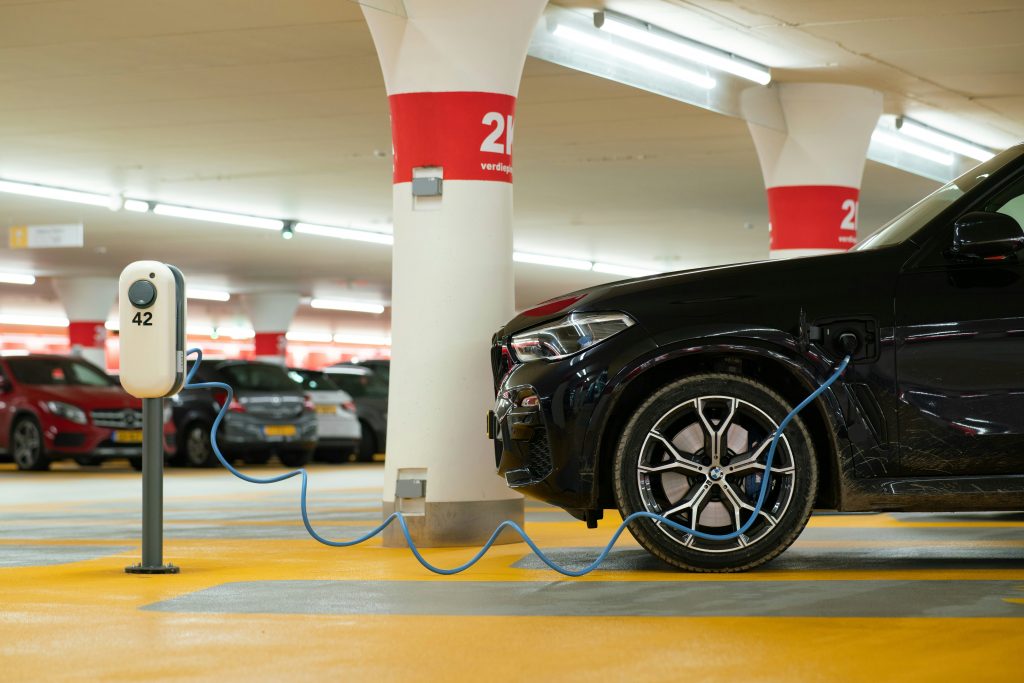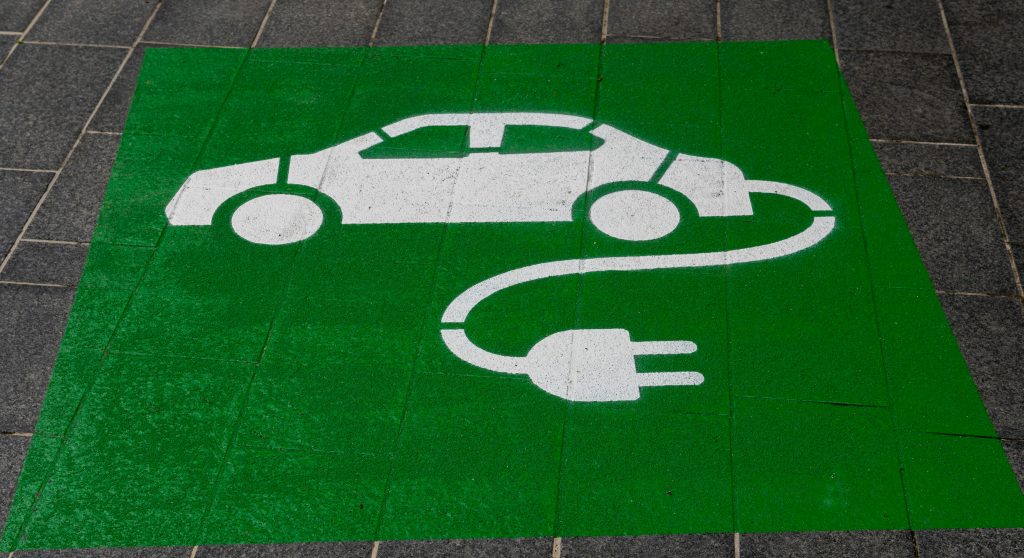Electric car sales in the UK have risen dramatically in the past few years, with electrical charging stations now being found in almost all commercial car parks and facilities. There are many reasons why people are swapping out the pump for a plug, whether it be for financial reasons or to help out the environment.
Electric cars are cheaper to own than a classic gas car when you take into account exemptions such as road tax and the congestion charges which are now popping up in areas other than London. These cars also come with no tailpipe emissions meaning they’re better for the environment too. For these two reasons alone, electric cars have become popular throughout the country and are expected to rise in sales even more so as more customers trade in or sell their vehicles.
What are the benefits of an electric car?
- Environmental benefits such as reduced emissions, reduced air pollution and reduced carbon footprint
- Lower operating costs and less maintenance required
- Energy efficiency
- Convenient in terms of charging as this can be done overnight, in the comfort of your own home or during the day whilst in the office
- Government incentives
- Performance benefits such as smooth driving and quick reaction times
- Noise reduction
- Advanced innovation and technology

The different types of electric and plug-in vehicles
If you’re considering an electric vehicle for the first time, you might be confused by the different options available. Electric cars are made up of:
- Electric vehicle (EV)
- Battery electric vehicle (BEV)
- Plug-in hybrid (PHEV)
- Hybrid (HEV)
- Mild hybrid electric vehicle (MHEV)
- Range-extended electric vehicle (RE-EV)
- Hydrogen fuel cell vehicle (FCEV)
How much does an electric car cost?
EVs generally have higher purchase costs compared to petrol and diesel competitors. But EV running costs on the other hand are lower due to fuel, tax and maintenance meaning over time, they are financially beneficial. The price of the car comes down to a wide range of factors such as brand, mileage, age etc.

How much does it cost to charge an electric car?
No matter where you go, there are petrol stations everywhere, each showing you price by metre so you know exactly how much they charge. But how much does it cost to charge an electric car? And, how long?
Most drivers will charge their electric car overnight, waking up to a full battery every morning. The average domestic electricity rate in the whole of the UK is about 32p per kWh**. Fully charging a 60kWh electric car will cost around £17 (depending on where you live) and this price will change depending on how long you have been charging your car for. When charging your car outside of your home, for example, your workplace, a supermarket or a hotel, this will depend on the tariff they charge or the system they are using.
A standard electric car takes just under 8 hours to charge from empty to full with a 7kW charging point.
“Electric vehicles are rapidly gaining popularity, contributing to a more sustainable UK. However, the lack of sufficient public charging infrastructure remains a major barrier to broader adoption. The UK government recognises this challenge and has introduced grants for businesses, schools, and other organisations to install EV charging points to help the adaptation of EVs become easier. These grants, including the Workplace Grant and the Infrastructure Grant, offer significant financial support to encourage fleet electrification. Educational institutions can access grants of up to £2,500 per parking space, promoting EV adoption in schools and colleges. Despite these incentives, a Lloyds Bank survey revealed that only 56% of British homes support electric charging points, highlighting the need for enhanced public charging options. With the planned ban on petrol and diesel cars by 2035, developing charging infrastructure is crucial to accommodate the increasing number of EVs and help further increase the uptake of those taking the wheel of an electric vehicle.
The surge in EV adoption is evident, as electric cars represented 15.2% of new registrations in March 2024, and the total number of fully electric vehicles surpassed 1,000,000. But as consumer preferences shift towards cleaner alternatives and battery technology evolves, we need to look a lot closer at the barriers of EV adoption, which can pave the way for a more electrified future.”
Tom Bloor, MD, evec
How long do electric car batteries last?
On average, electric car batteries last around 10 years, with some lasting up to 20 years.
Car Filters – Serving drivers across the UK
Filter services have a selection of car filters, ranging from air filters to oil filters, used to create a safe and clean driving experience. Our range of filters comes with some of the best quality features and brand names, used for a number of different vehicle types and industries including construction, car filters, lorries, agriculture, tractors, energy, mining and more.
Filter Services provide top-of-the-range filters for a number of industries, teaming up with brands such as Donaldson, Mann, Hifi, Baldwin and Fleetgaurd. You can be sure that the filters we provide a clean and safe driving experience.
Find out more about our car filter selection
